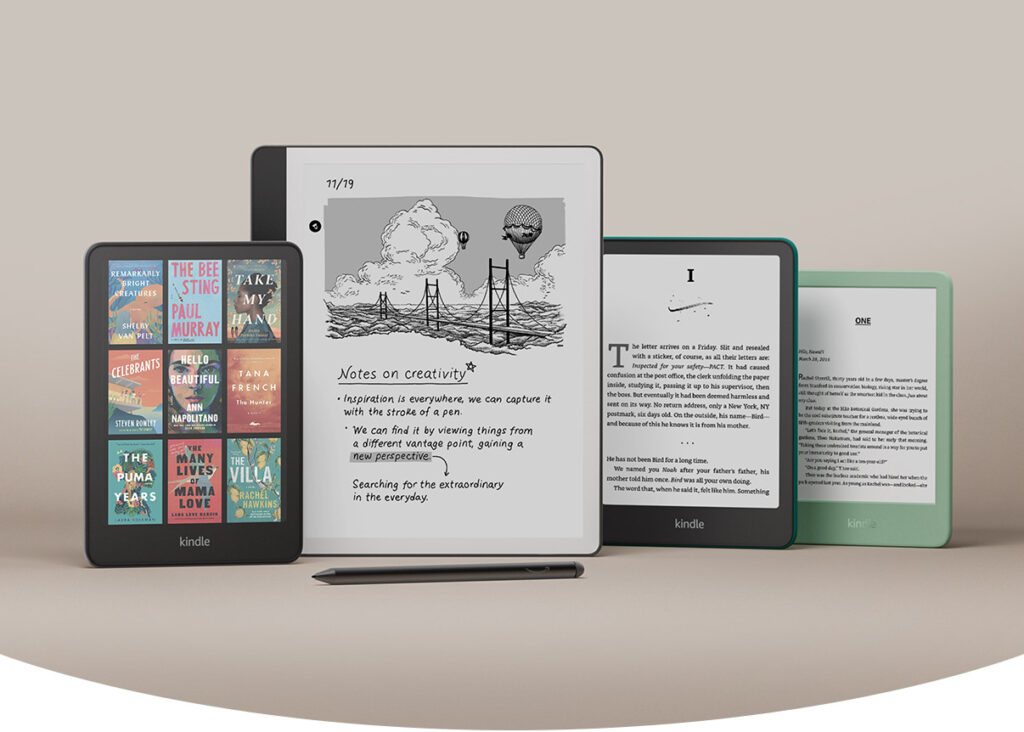These days, AI chatbots are everywhere – from helping us book flights and answer customer service questions, to giving us weather updates and even recommending new movies. They’ve become like our friendly, digital assistants.
But just like with any other technology, there are some things you should keep to yourself. Even though chatbots seem smart, it’s important to remember that not all information should be shared with them.
Here are 10 things you should always keep secret from AI chatbots, and why it’s essential to protect your privacy.
1. Personal Identification Details
When chatting with an AI, it’s best not to share your personal identification details like your full name, address, date of birth, or Social Security number. While it might seem harmless to chat about your life, these are crucial pieces of information that can lead to identity theft or fraud if shared with the wrong person or system.

Why?
Your identity is important and sharing personal details can put you at risk. It’s always better to keep these things private, especially when interacting with a bot that may not fully protect your information.
2. Financial Information
Your credit card number, bank account details, or passwords should never be shared with a chatbot. While many bots can help you track orders or check on services, they are not equipped to handle financial transactions securely.
Why?
Think of it this way: your bank account is like a safe, and your passwords are the keys. You wouldn’t hand those keys to just anyone – and the same goes for sharing them with AI chatbots. There’s always a risk that this sensitive information could be leaked or misused.
3. Health-Related Information
If you have health concerns, avoid sharing them with chatbots. While some chatbots can give basic medical advice, they’re not trained doctors or health professionals, and they can’t offer personalized care.
Why?
Your health is too important to trust an AI for advice. Chatbots may not fully understand the context of your health issues, and you could end up getting inaccurate or even harmful information. Always turn to a real healthcare professional for medical concerns.
4. Passwords and Login Credentials
It might seem convenient to ask a chatbot for help with a forgotten password, but never share your login credentials with them. A chatbot doesn’t have the proper safeguards in place to store that sensitive information securely.

Why?
Passwords are one of the most important aspects of online security. If you share them with a bot, you could risk having your accounts compromised. Stick to password managers or direct interactions with the websites you use for better security.
5. Confidential Work Information
If you’re chatting with a bot at work, it’s a good idea to keep any company secrets or confidential information to yourself. Even if the chatbot is designed to help with work tasks, sharing sensitive business data could lead to security risks.
Why?
Businesses rely on keeping certain information confidential to stay competitive and protect their reputation. Leaking sensitive work-related info can have serious consequences, and it’s better to keep it between you and your colleagues – not a chatbot.
6. Sensitive Social Media Details
Avoid sharing your social media account details or sensitive posts with a chatbot. While some bots can help manage posts, they shouldn’t have access to your personal social accounts.
Why?
Your social media accounts contain a lot of personal information about you. If a chatbot gets access to that, it could lead to privacy issues. Plus, bots might not always make decisions that align with your preferences when it comes to sharing things online.
7. Political and Religious Views
While it’s okay to chat casually with a bot, avoid discussing your deeply personal beliefs about politics or religion. AI chatbots don’t always understand the nuance of these sensitive topics and might give responses that feel off or insensitive.

Why?
Your beliefs are personal and valuable, and AI systems might not always handle them with the respect or understanding they deserve. Plus, chatting about politics or religion with a bot could lead to awkward or unwanted situations if the bot isn’t trained to respond appropriately.
8. Family and Relationship Problems
If you’re facing relationship issues or have family concerns, it’s best not to discuss these with a chatbot. Chatbots might not be able to offer the emotional support you need and might only provide generic responses that aren’t helpful.
Why?
AI can’t replace the real support of friends, family, or professionals when it comes to personal issues. A chatbot might unintentionally misunderstand or misinterpret your feelings, which could leave you feeling frustrated instead of comforted.
9. Security Questions and Answers
Many online services use security questions to help protect your accounts. You should avoid sharing answers to these questions with AI chatbots, as they could be used to hack into your accounts.
Why?
Security questions are often used to verify your identity. If a chatbot stores or uses your answers, it might put your accounts at risk. It’s best to keep these answers private to prevent unauthorized access to your personal data.
The Future of Video Editing in the AI Era: A Glimpse Into Tomorrow – Hannan Mentor
10. Any Other Sensitive Information
When in doubt, it’s best to keep anything sensitive to yourself. Whether it’s private details about your job, personal life, or anything you wouldn’t feel comfortable sharing with a stranger, it’s always a good idea to keep some things private.
Why?
Your privacy matters. Even though chatbots are designed to help, they aren’t perfect and might not be as secure as you think. Keeping your personal information safe is always a priority.
Wrapping It Up: Why Privacy Matters
AI chatbots can be incredibly helpful and convenient, but they aren’t always the best place for sharing sensitive or personal information. While many chatbots are designed to assist with basic tasks, they don’t have the same level of privacy protection as more secure platforms.
So, next time you chat with a bot, remember these tips and be mindful of what you’re sharing. Keeping your personal details safe and secure is always the best choice. After all, when in doubt, it’s always better to keep it secret!
By protecting your privacy, you can enjoy the benefits of AI chatbots while keeping your information secure.


